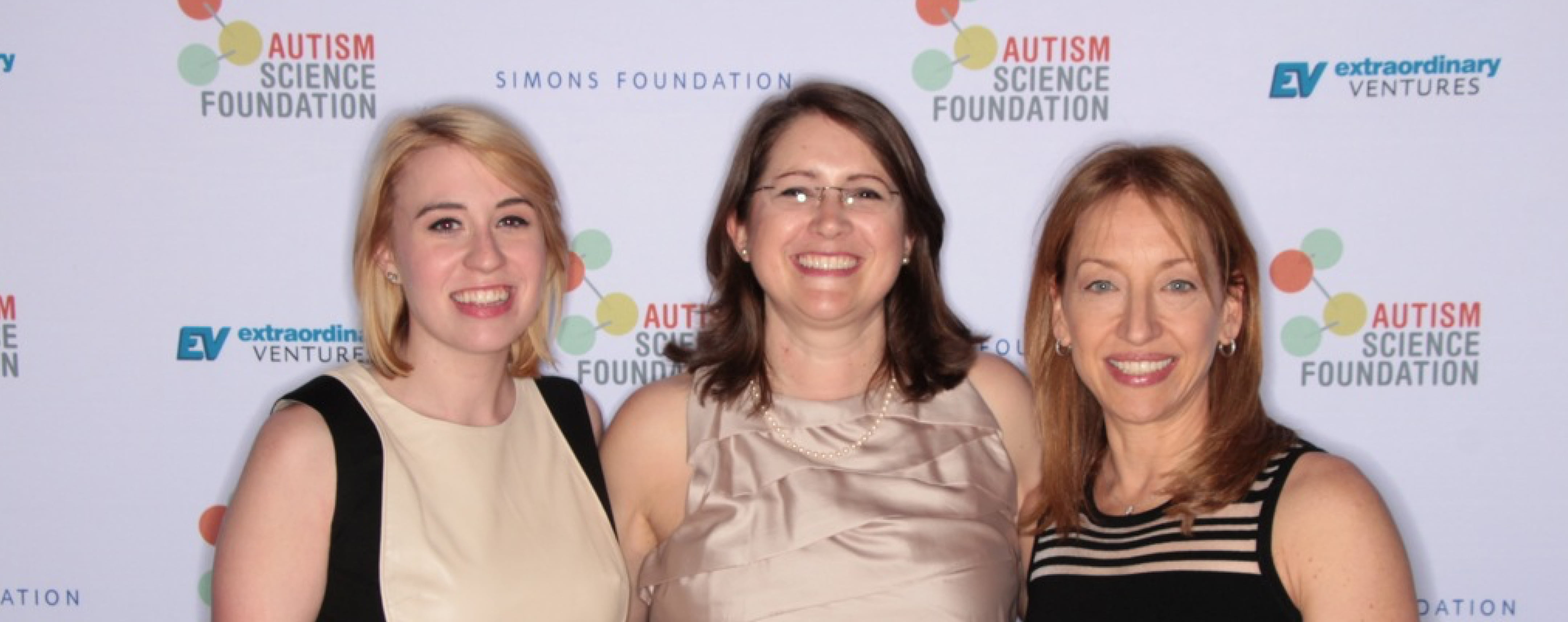Longitudinal Impact of the Pandemic on Social Disruption and Loneliness in Autistic and Non-Autistic Youth
Abstract
Objective: The coronavirus pandemic drastically increased social isolation. Autistic youth already experience elevated social isolation and loneliness, making them highly vulnerable to the impact of the pandemic. We examined trajectories of social disruption and loneliness in autistic and non-autistic youth during a six-month period of the pandemic (June 2020 until November 2020).
Method: Participants were 76 youth, ages 8 through 17, (Mage = 12.82, Nautistic = 51) with an IQ ≥ 70. Youth completed a biweekly measure of loneliness (Revised UCLA Loneliness Scale) and their parent completed a measure of pandemic-related family social disruption (Epidemic Pandemic Impacts Inventory).
Results: There were no time trends in loneliness across all youth, however, social disruption displayed linear, quadratic, and cubic trends. Non-autistic youth reported relatively greater declines in social disruption compared to autistic youth. Additionally, autistic youth reported relatively greater declines in loneliness relative to non-autistic youth. Greater social disruption was associated with higher loneliness, however, autistic youth demonstrated a relatively stronger relationship between social disruption and loneliness compared to non-autistic youth.
Conclusions: The current study was one of the first to investigate social disruption and loneliness in autistic youth during the COVID-19 pandemic. Results indicated that autistic youth experienced relative decreases in loneliness during this time, perhaps due to reductions in social demands. Nonetheless, when autistic youth did experience social disruption, they reported relatively higher levels of loneliness. This work contributes to our understanding of risk factors for loneliness and highlights the need to understand the benefits, as well as the challenges, to remote schooling and social interactions.

